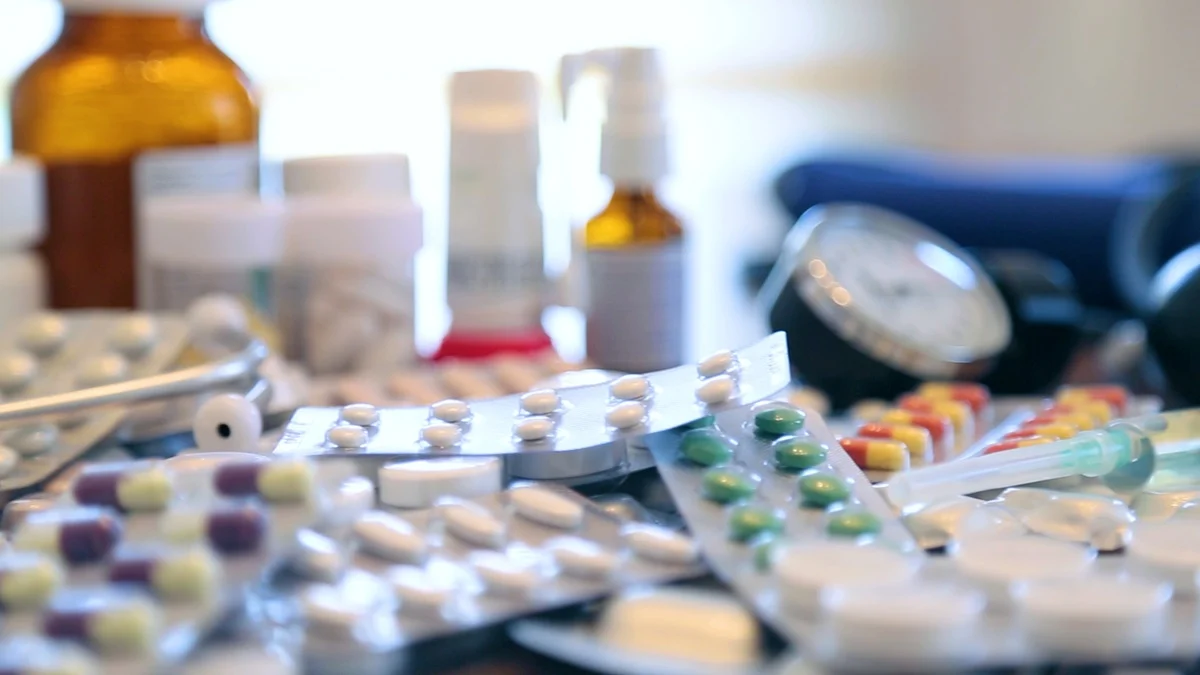Global — A growing body of research now shows that widely used prescription medications—including antibiotics and other drug classes—can significantly disturb the gut microbiome, with potential long‑term consequences for health beyond the infection or condition being treated.
What the science says
Scientists have found that even a short course of antibiotics can sharply reduce microbial diversity in the gut and alter the balance of species involved in digestion, immunity and metabolism. These changes may persist for months, or even years, after the medication is stopped.
In some studies, key beneficial bacteria—those that produce short‑chain fatty acids or help regulate immune responses—dropped in number, while opportunistic or antibiotic‑resistant microbes gained a foothold. The effect is not limited to antibiotics: research indicates that other common medications—such as acid‑suppressing drugs, antidepressants and blood‑pressure treatments—also correlate with reduced gut‑microbiome richness and altered microbial composition.
Why this matters
- Microbiome as ‘organ system’: The trillions of bacteria in our intestines play essential roles in nutrient absorption, immune‑system training, hormone regulation and even mental‑health pathways. Disrupting this ecosystem isn’t benign.
- Long‑term health risk: Altered microbiomes have been linked to conditions like inflammatory bowel disease, obesity, diabetes, cardiovascular disease and mental‑health issues. While medications treat one problem, they may inadvertently create or exacerbate another.
- Drug side‑effects under‑appreciated: Many prescription drug side‑effect discussions focus on liver, kidney or allergy issues—but they rarely address gut‑microbiome disruption, which may go unnoticed yet affect overall wellness.
- Recovery is uncertain: Though some restoration of gut‑microbiome diversity occurs after medication use, the new microbial state may differ from the original—meaning some changes may be long‑lasting or permanent, depending on factors like drug type, dosage, patient age or prior gut‑health status.
What you should do
- Use medications responsibly: Never stop or avoid necessary prescriptions—but ask your doctor whether the medication is essential, whether a narrower‑spectrum option exists, or whether you can minimise use.
- Support your gut: While on or after medication use, support your microbiome by eating fiber‑rich, whole‑food diets, avoiding over‑sanitising environments and considering lifestyle factors (sleep, stress, activity) that boost microbiome resilience.
- Be aware of symptoms: Digestive issues (bloating, constipation, diarrhea), mood changes, unexpected weight shifts or frequent infections may signal a gut‑microbiome imbalance—mention these to your health provider.
- Talk to your doctor about recovery: If medication use is ongoing or repeated, ask about strategies to protect your gut—from probiotics, prebiotics, diet or even monitoring of microbiome health in high‑risk individuals.
Key takeaways for patients and healthcare providers
- Prescribers should consider the microbiome implications of medications, especially when alternatives exist or when long‑term use is planned.
- Patients on chronic medications (or repeated antibiotic courses) may benefit from additional monitoring of gut health—either via symptoms or specialist tests.
- Researchers and clinicians should treat the gut microbiome as an integral part of prescribing decisions, not an after‑thought.
Final thought
Medication can—and often must—save lives. But as we enter a deeper understanding of how interconnected our body systems are, it becomes clear that every drug decision carries ripple effects. For the gut microbiome, those ripples may last long after the prescription ends. Ensuring that treatment benefits outweigh unintended harm requires both awareness and action—from both doctors and patients.















Leave a Reply